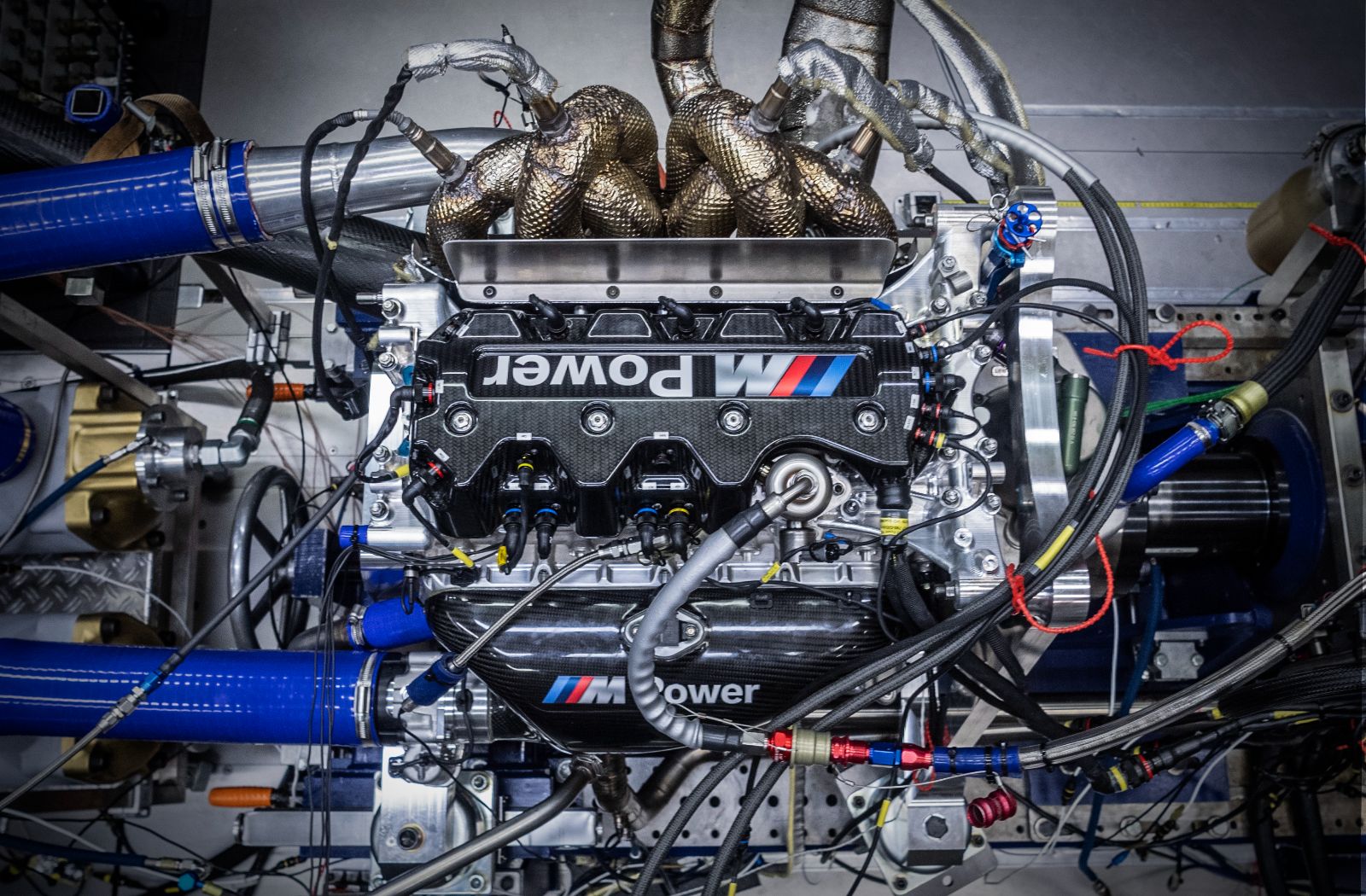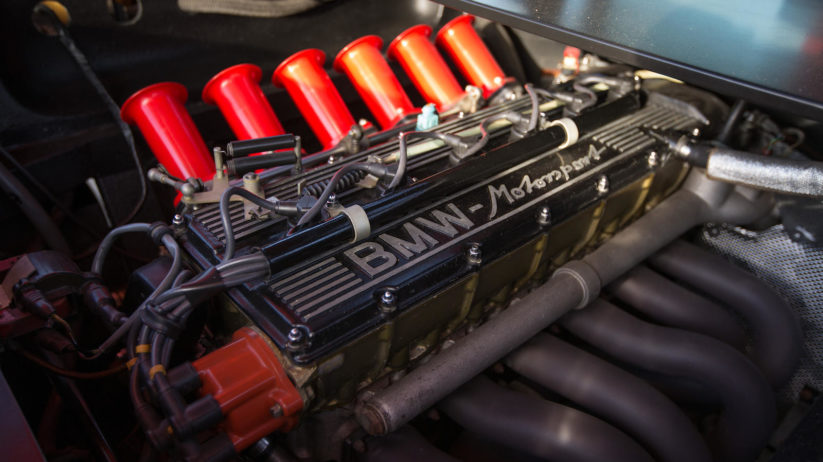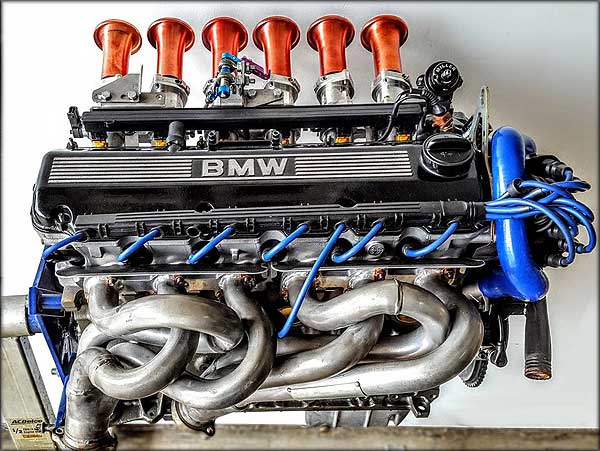Exploring the Efficiency Enhancements of the most recent BMW Engine Designs
Exploring the Efficiency Enhancements of the most recent BMW Engine Designs
Blog Article
Revealing the Intricacies of Next-Generation Power Units: a Deep Dive Into Advanced Engine Styles and Developments
In the realm of automobile engineering, the relentless pursuit of performance, sustainability, and efficiency has actually thrust the advancement of power systems to unmatched heights. As we depend on the precipice of a brand-new age in transportation, the complexities of next-generation engine designs bid us to check out the advanced technologies and technologies that guarantee to redefine the driving experience. From advanced products that press the boundaries of resilience and weight decrease to advanced turbocharging and supercharging systems that boost power outcome to new degrees, each component of these power devices holds an essential to unlocking the future of vehicle design. Digging deeper right into the worlds of emission control, smart engine monitoring systems, and the horizon of power system development, we locate ourselves on the cusp of a makeover that guarantees to improve the landscape of wheelchair as we understand it.
Development of Engine Products

The shift towards progressed engine materials has actually likewise enabled engineers to design engines with greater power outputs while maintaining fuel effectiveness requirements. The usage of light-weight products minimizes the total weight of the engine, leading to enhanced fuel economic situation and reduced emissions. Additionally, improvements in materials innovation have actually enabled better thermal management within engines, causing increased integrity and longevity.
Turbocharging and Supercharging Technologies
Just How do Turbocharging and Supercharging Technologies reinvent engine performance and performance in modern-day cars? Turbo charging and turbocharging are technologies that significantly improve engine efficiency by increasing the quantity of air consumption into the combustion chamber. Turbocharging attains this by making use of a wind turbine driven by exhaust gases to pressurize the consumption air, while turbo charging utilizes a belt- or chain-driven compressor to achieve the very same effect.
These technologies enable smaller, extra fuel-efficient engines to produce power comparable to bigger ones, recognized as downsizing. By requiring more air into the cyndrical tubes, turbocharging and supercharging enhance burning performance, causing raised horsepower and torque outcome without a considerable increase in engine dimension. This results in much better velocity, hauling capacity, and overall driving performance.
Furthermore, turbocharging and supercharging add to boosted fuel performance by allowing the usage of smaller engines that take in less fuel under normal driving conditions - bmw engine. This mix of boosted performance and performance has made turbocharging and supercharging important parts of numerous contemporary engine layouts
Exhaust Control and Environmental Impact
With enhancing worldwide worries regarding air quality and environmental sustainability, the application of discharge control modern technologies in vehicles plays an important function in lowering harmful pollutants released into the great site atmosphere. Modern cars are geared up with advanced discharge control systems that assist reduce the environmental effect of automobile operations. Catalytic converters, for example, are developed to convert harmful gases such as carbon monoxide, nitrogen oxides, and hydrocarbons into much less harmful materials like co2 and water vapor.
In addition, innovations in engine modern technology, such as the integration of exhaust gas recirculation systems and selective catalytic decrease, have dramatically added to decreasing discharges. These innovations work in tandem to optimize next burning effectiveness and reduce the release of unsafe toxins into the air. Additionally, the development of crossbreed and electric vehicles stands for a vital step towards lowering the overall ecological footprint of the transport sector.
Intelligent Engine Monitoring Equipment

In addition, these systems make it possible for lorries to meet rigid discharges criteria without endangering efficiency, offering a more eco friendly driving experience. The integration of man-made intelligence and artificial intelligence capacities in engine management systems remains to push the borders of what is possible, causing more enhancements in performance, reliability, and total automobile efficiency. bmw engine. As vehicle innovation advances, intelligent engine monitoring systems will certainly play a vital role fit the future of transport in the link direction of a more sustainable and effective direction
Future Trends in Power Unit Advancement
As smart engine monitoring systems pave the way for improved control and optimization in modern-day lorries, future trends in power unit advancement are poised to redefine the landscape of vehicle propulsion modern technologies. Among the key trends driving development in power system advancement is the shift in the direction of electrification. With a boosting emphasis on sustainability and lowering carbon exhausts, crossbreed and electrical powertrains are coming to be extra widespread in the automotive sector. These different source of power supply boosted performance and efficiency while straightening with rigorous ecological guidelines.
Another substantial pattern is the combination of advanced products and producing techniques. Lightweight products such as carbon fiber and aluminum are being utilized to lower general car weight, enhancing gas efficiency and efficiency. Furthermore, developments in 3D printing and additive production are allowing the production of intricate engine elements with greater precision and resilience.
In addition, expert system and equipment understanding are playing an essential duty in maximizing power system efficiency. These innovations permit real-time surveillance and adaptive control, causing more reliable and effective power distribution. Overall, future patterns in power system development are geared towards sustainability, effectiveness, and efficiency, driving the automotive industry towards a new age of propulsion technologies.

Conclusion
In conclusion, the developments in engine materials, turbocharging, discharge control, and smart monitoring systems have actually paved the method for next-generation power units. The elaborate styles and advancements in modern-day engines display the recurring evolution of automobile innovation.
Checking out the modern improvements in engine products has actually been essential in boosting the efficiency and performance of modern-day engines. Over the years, the advancement of engine products has actually played a critical duty in pressing the borders of what engines can accomplish.The change towards advanced engine materials has also enabled designers to make engines with greater power outcomes while preserving fuel efficiency standards.The execution of smart engine monitoring systems in contemporary cars has revolutionized the means engines are regulated and enhanced for performance and efficiency. By collecting information in real-time and examining it with advanced algorithms, smart engine administration systems can adapt to driving designs, ecological variables, and engine health to optimize power result while minimizing gas usage and emissions.
Report this page